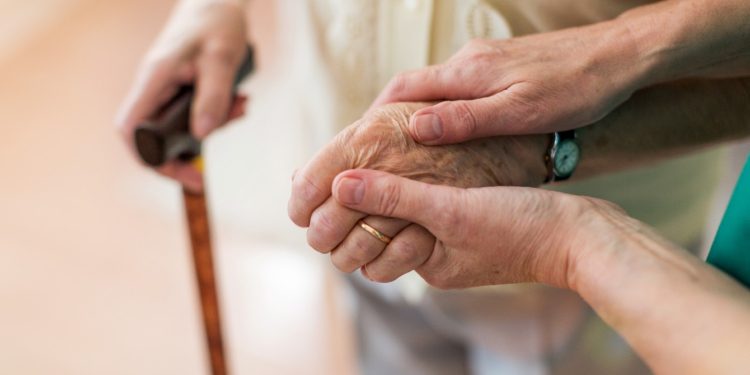As your aging loved one enters their golden years, you will be required to make delicate decisions on their behalf, including where they should live. There are several types of senior housing, and assisted living is among the most common ones. Assisted living communities are housing options for seniors who need help with daily living activities but don't necessarily require around-the-clock medical care.
Moving your loved one into assisted living can be difficult for everyone involved, but knowing the right time to make a move is usually the most difficult part. Here are some common signs that might indicate your aging loved one may need assisted living.
1. Significant memory loss
Everyone loses some memory as they age, and the occasional disappearing remote or misplaced keys are nothing to worry about. However, when your loved one is having continuous trouble keeping up with finances and forgetting where they are, how to drive, or what they just said a minute ago, this may indicate serious memory loss or a dementia condition such as Alzheimer's.
Assisted living communities usually offer professional screening, which can help identify the extent to which memory issues have reached and potentially provide intervention. In addition, their medical professionals have the experience to help figure out what level of support is needed.
2. Loneliness
Loneliness and social isolation in aging adults can be contributed by several factors, such as the loss of a spouse, family members who live far away, lack of transportation, and reduced groups of friends. Unfortunately, loved ones who experience loneliness and isolation are at higher risk for physical and mental conditions.
Caregivers usually feel obligated to offer companionship to their elderly loved ones who are lonely. The good news is that there are community resources for social interaction, such as Longhouse. Assisted living communities usually have an integrated social interaction component that works for most residents.
3. Changes in living conditions
This can sometimes be hard to identify since most people may be used to it. However, if you frequently notice a lot of new clutter, unwashed dishes, grime in the bathroom, and neglected housekeeping, this may be a sign that your loved one needs assisted living. While your loved one may be enjoying living in their home, the upkeep might be too much than they can handle. An assisted living could alleviate their stress and offer a cleaner living area.
4. Unexplained loss of weight
Most older adults are at risk of hunger and malnutrition. Unexplained weight loss in your loved one could result from poor nutrition, lack of eating, or a physical and mental health condition. In assisted living communities, staff prepares every meal for residents, relieving them of cooking and cleaning chores. In addition, the team may accompany the residents to the dining area or remind them of arranged mealtimes. They can also aid your loved one with eating to ensure that any health condition leading to weight loss is appropriately addressed.
Endnote
Senior living facilities offer nutritious dining options, companionship, security, and fun activities and programs. If you are worried about your elderly loved one's health, safety, and happiness, speak to them about housing options. Include their health care provider and a financial advisor in your discussion so you can understand all the assisted living choices available to them.
























